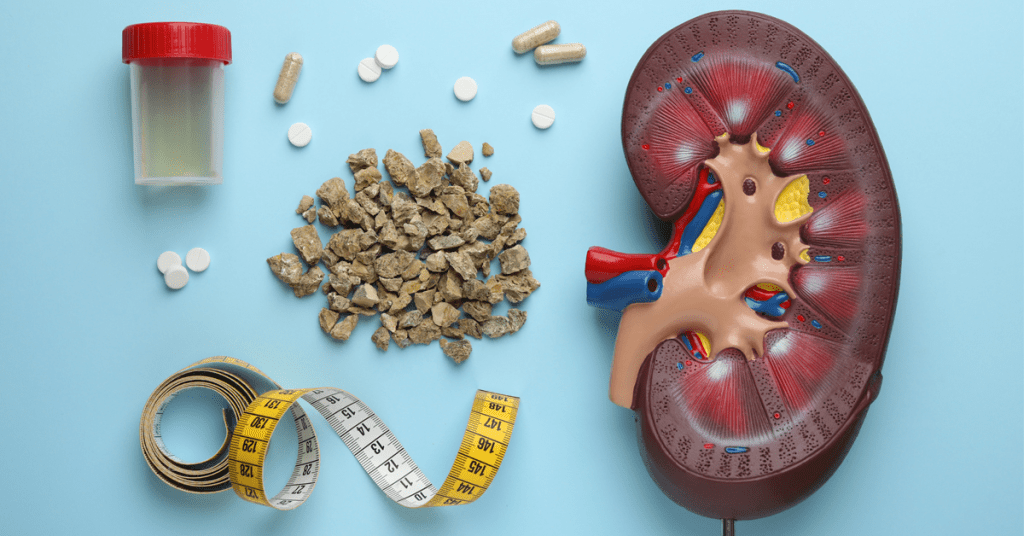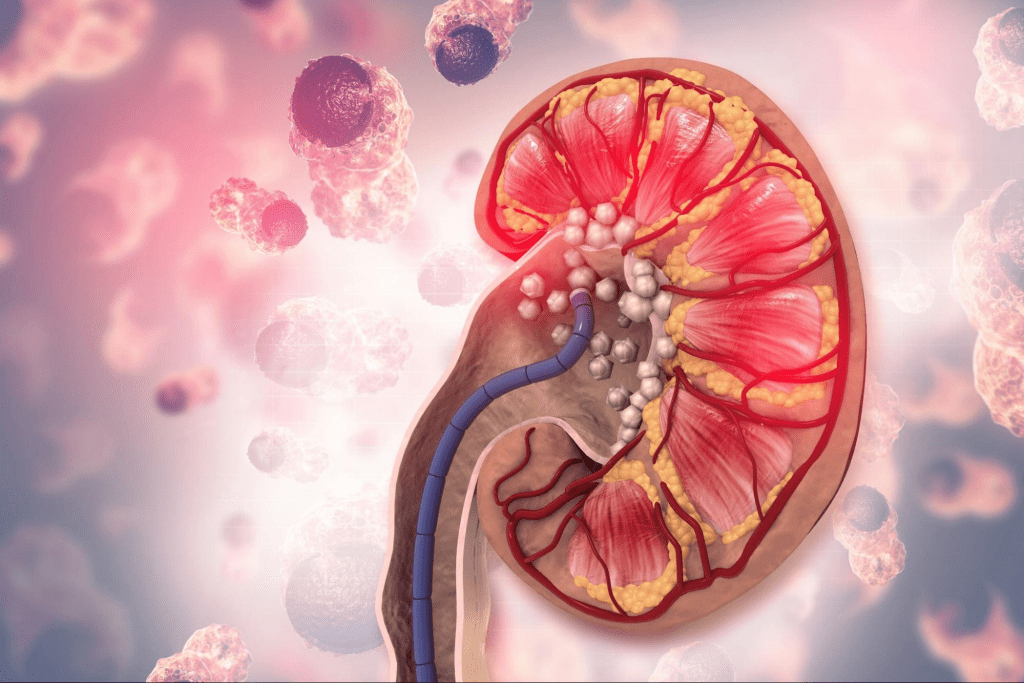Kidney stones are those tiny, painful deposits that can form in the kidneys, and no one wants to deal with them. Interestingly, one essential vitamin, when consumed in excess, can contribute to their formation. Let’s explore which vitamin is responsible and how you can maintain a healthy balance.
The Sunshine Vitamin: What Is Vitamin D?

Vitamin D, often called the “sunshine vitamin,” is a critical nutrient that our bodies produce when exposed to sunlight. It helps with calcium absorption, ensuring strong and healthy bones. Beyond that, vitamin D supports the immune system, reduces the risk of chronic diseases, and contributes to overall well-being.
However, as beneficial as vitamin D is, taking too much of it can cause health issues, including an increased risk of kidney stones.
The Link Between Vitamin D and Kidney Stones
Kidney stones, or renal lithiasis, are hard deposits that form in the kidneys. They come in different types, but the most common are calcium oxalate stones. This is where vitamin D can become a problem.
Excessive vitamin D intake can elevate calcium levels in the blood. As calcium levels rise, the kidneys excrete the excess through urine. Over time, this can lead to the formation of calcium oxalate crystals, the primary component of most kidney stones.
This process increases the risk of developing kidney stones, especially in people already predisposed to them.
How Much Vitamin D Is Too Much?
The recommended daily amount of vitamin D for most adults is 600-800 IU (international units). However, taking more than 4,000 IU daily can lead to hypercalcemia, a condition where there is too much calcium in the blood. Hypercalcemia is a major risk factor for kidney stone formation.
Vitamin D toxicity is uncommon, but it usually occurs due to excessive supplementation rather than sunlight or dietary sources. This is why understanding your body’s needs and avoiding over-supplementation is critical.
Preventing Kidney Stones Linked to Vitamin D
Balancing your vitamin D levels is crucial to avoid kidney stone-related problems. Here are some tips to help you maintain the right levels of vitamin D without increasing your risk:
Consult a Healthcare Professional
Before taking vitamin D supplements, consult with a doctor or nutritionist. They can recommend the appropriate dosage for your health needs, ensuring you don’t consume too much.
Stay Hydrated
Drinking enough water is one of the best ways to prevent kidney stones. Proper hydration helps dilute calcium levels in your urine, reducing the risk of stone formation. Aim for at least eight to ten glasses of water daily.
Monitor Your Calcium Intake

m, but consuming too much calcium—whether through supplements or food—can increase your risk of kidney stones. Stick to the recommended calcium intake to maintain balance.
Avoid High Doses of Supplements
Unless directed by a healthcare provider, avoid taking high doses of vitamin D supplements. Always check supplement labels to ensure you’re staying within safe limits.
Signs of Vitamin D Overload
It’s important to recognize the symptoms of excessive vitamin D intake early. These symptoms include nausea, vomiting, frequent urination, fatigue, bone pain, and confusion. If you experience any of these, consult a doctor immediately to address the issue.
The Importance of Balance

Vitamin D is vital for overall health, but maintaining a balance is essential. Too little can weaken your bones and immune system, while too much increases the risk of kidney stones and other health issues. Achieving the right balance involves not only managing supplements but also adopting a healthy lifestyle.
Conclusion
Vitamin D is essential for maintaining strong bones and overall health, but moderation is the key to avoiding complications. Overloading on vitamin D can raise calcium levels in your blood, increasing the risk of kidney stone formation. To prevent this painful condition, consult a healthcare professional, stay well-hydrated, and monitor your calcium intake.
Finding balance is the cornerstone of good health. By taking a thoughtful approach to your vitamin D intake, you can enjoy its benefits without worrying about kidney stones or other adverse effects. A little sunshine, both literally and figuratively, goes a long way!


